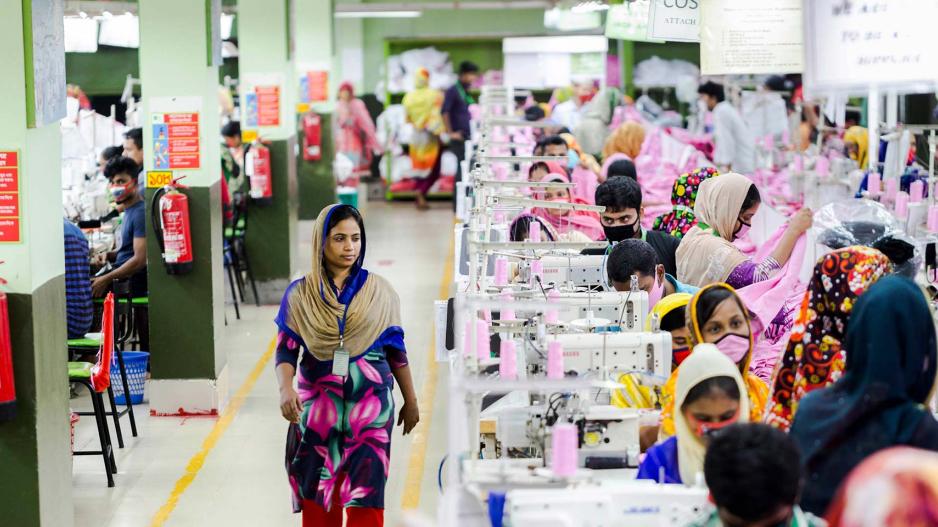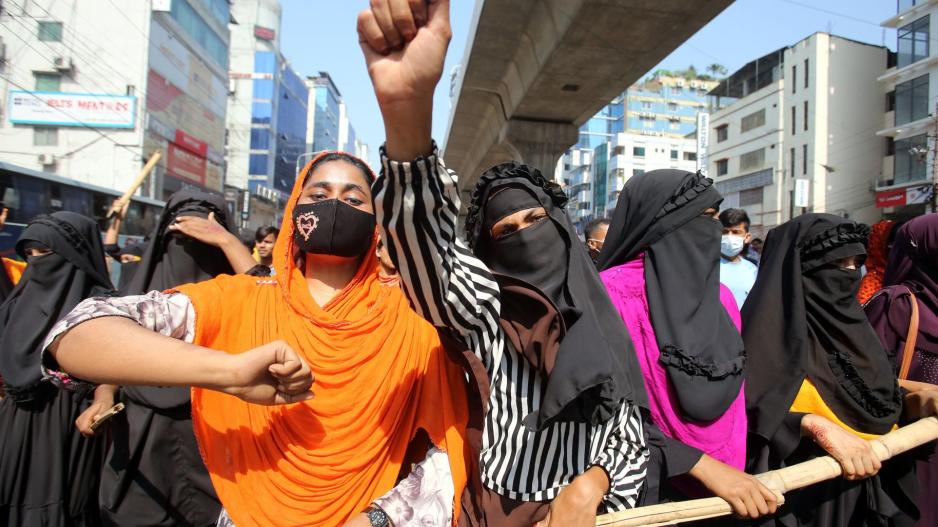For Thousands of Workers in the Fast Fashion Industry, a Living Wage Is Not Guaranteed
Garment Workers Still Earn Below Living Wage Despite Brand Pledges
Ten years have passed since major fashion companies vowed to elevate garment workers' salaries to a living wage, yet significant progress is elusive. As per a Wall Street Journal report, in Bangladesh, home to roughly 600,000 H&M employees, the average worker's salary was just 119 dollars monthly in early 2023. This figure falls short of the 194 dollars required for a living wage.
Activists are calling for the establishment of more substantial wage floors at supplier factories, highlighting the urgency for a definitive plan to enforce these changes. Big-name Western brands such as H&M and Zara emphasize the role of collective bargaining agreements. However, the reality is that independent unions often face restrictions in numerous supplier countries, limiting their effectiveness.

To remain competitive with pricing and protect their profit margins, fashion brands frequently exert pressure on suppliers to keep production costs low. This often results in garment workers, some of the most underpaid in the industrial sector, receiving minimal wages. The industry's focus on cost-cutting and price maintenance creates an environment where suppliers find it challenging to offer higher wages. This situation perpetuates the issue of insufficient pay within the fast fashion realm.
In Bangladesh, recent demonstrations led the government to increase the minimum wage to about 113 dollars from 75 dollars. However, this increase is still seen as insufficient by many. Some companies, like Puma and Patagonia, admit to not providing a living wage in some of their factories, underlining the industry's intricacies, as reported by the WSJ. Despite efforts by H&M, the wage impact has been minimal, leading to calls for more thorough and collaborative strategies to foster lasting and sustainable improvements in wage standards.






